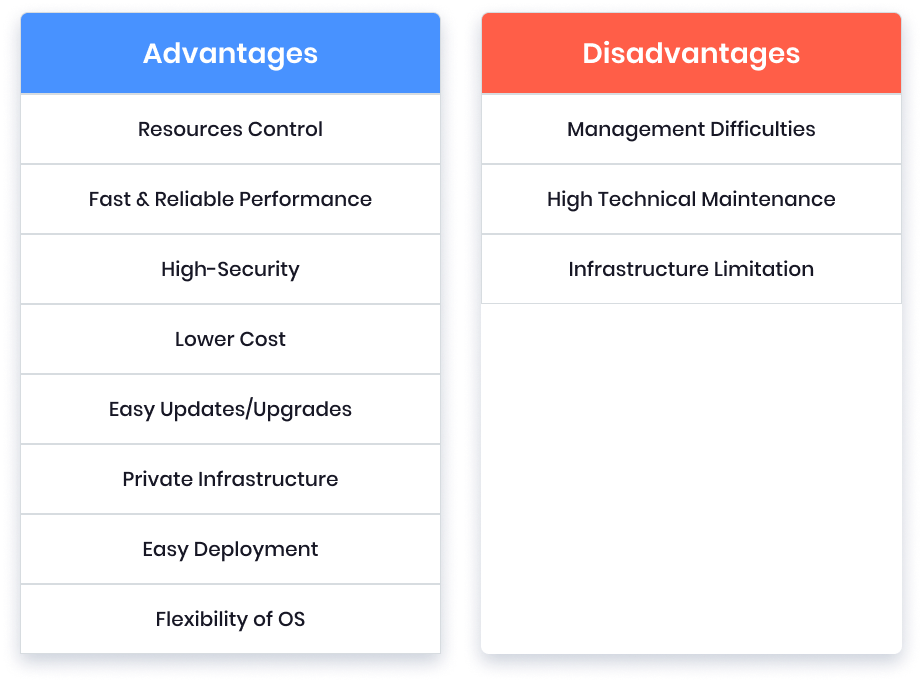Web Hosting on VPS: Pros and Cons
When it comes to hosting your website, Virtual Private Server (VPS) hosting is a popular choice among website owners. VPS hosting offers a balance between the affordability of shared hosting and the control of a dedicated server. But like any hosting option, VPS hosting comes with its own set of pros and cons. In this article, we will take a closer look at the advantages and disadvantages of hosting your website on a VPS.
Pros of VPS Hosting
1. Increased Performance: One of the biggest advantages of VPS hosting is the improved performance it offers. With VPS hosting, you have access to dedicated resources, which means your website will load faster and perform better compared to shared hosting.
2. Enhanced Security: VPS hosting provides a higher level of security compared to shared hosting. Since each VPS is isolated from other servers on the same physical machine, your website is less vulnerable to security threats and attacks.
3. Root Access: With VPS hosting, you have root access to your server, giving you more control over your hosting environment. This allows you to customize your server configuration, install custom software, and make changes as needed.
4. Scalability: VPS hosting offers scalability, allowing you to easily upgrade or downgrade your server resources as your website grows or your traffic fluctuates. This flexibility ensures that your website can handle increased traffic without experiencing downtime.
Cons of VPS Hosting
1. Cost: While VPS hosting is more affordable than dedicated hosting, it is still more expensive than shared hosting. If you are on a tight budget, VPS hosting may not be the best option for you.
2. Technical Knowledge Required: Managing a VPS requires a certain level of technical expertise. If you are not familiar with server administration, you may find it challenging to set up, maintain, and troubleshoot your VPS hosting environment.
3. Limited Resources: While VPS hosting offers dedicated resources, there is still a limit to the amount of resources available to you. If your website experiences a sudden surge in traffic, you may need to upgrade to a higher-tier plan to accommodate the increased demand.
4. Shared Physical Infrastructure: Although VPS hosting isolates your server from other users on the same physical machine, you are still sharing the underlying hardware with other VPS instances. This can potentially impact the performance of your website if other VPS instances are consuming too many resources.
In conclusion, VPS hosting offers a range of benefits, including improved performance, enhanced security, root access, and scalability. However, it also comes with drawbacks such as cost, technical knowledge requirements, limited resources, and shared physical infrastructure. Before choosing VPS hosting for your website, it is important to carefully consider these pros and cons to determine if VPS hosting is the right choice for your specific needs and budget.
